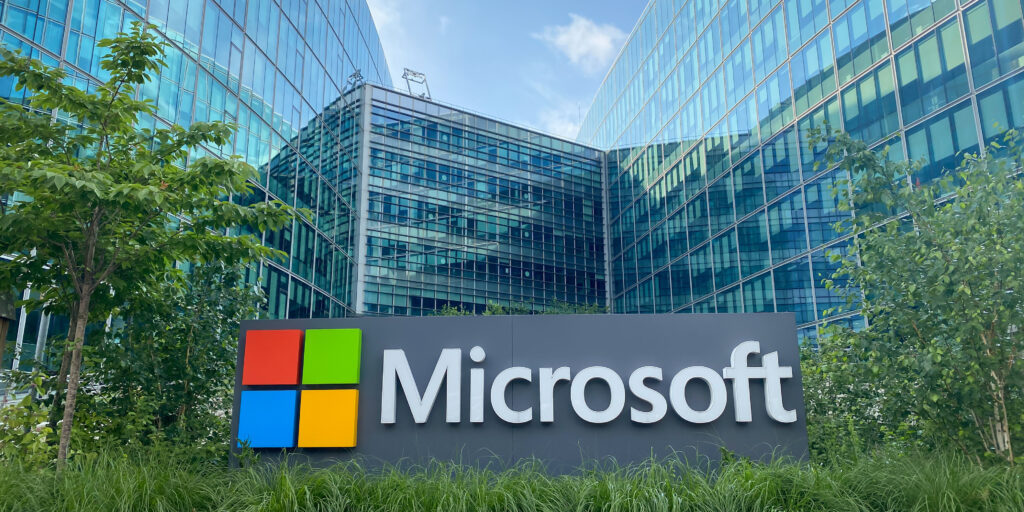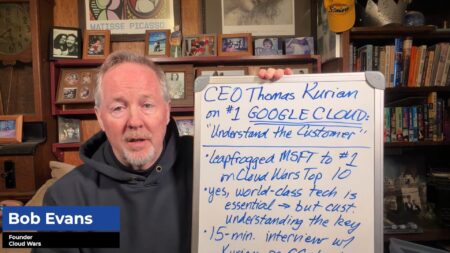
Dating back to 2024 and throughout 2025, Microsoft has asserted leadership in defining the role of agents and copilots relative to the people who use AI technology but have to reskill in order to ensure their value in AI-centric businesses.
For instance, the company was early in predicting every person would have a copilot and has stated publicly that companies must develop a powerful blend of humans and agents to complete work. Its leaders also discussed measures of AI usage such as “agent to human ratios” early this year. At the same time, Microsoft and experts spanning customers, partners, and other vendors have frequently emphasized how important it is to reskill people to optimize their skills and readiness for the AI Era.
Of course, other vendors and thought leaders have taken their own positions on how AI will impact people and roles, but Microsoft’s unique vantage point at the intersection of AI, enterprise apps, and individual job functions lends gravitas when it comes to forecasting AI’s impact on people and their skills.
What also gives Microsoft unique credibility in this realm is the financial strength to make massive investments in skills initiatives while also driving AI technology deep into educational systems, governments, and other critical stakeholder organizations.
To that end, the company last week outlined ambitious plans to make such investments with the underlying goal of helping people thrive with AI and, no doubt, ensuring as they thrive they’re doing so with Microsoft software.

AI Agent & Copilot Summit is an AI-first event to define opportunities, impact, and outcomes with Microsoft Copilot and agents. Building on its 2025 success, the 2026 event takes place March 17-19 in San Diego. Get more details.
Elevate and Upskill
The company announced Microsoft Elevate, for AI upskilling, and the AI Economy Institute, a think tank whose research explores how AI is changing work, education, and productivity.
In a blog post, Microsoft Vice Chair and President Brad Smith said Elevate is the successor to Microsoft Philanthropies and Tech for Social Impact, which support nonprofits. The plan for Elevate is to donate more than $4 billion in funds, AI, and cloud technology to K-12 schools, colleges, and nonprofits over the next five years to advance their missions while bringing AI education and skills to people globally.
Elevate’s ambitious goal is to bring AI education to 20 million people globally, so they develop skills ranging from AI fluency to advanced technical training. The company will tap into education-related expertise in business units including GitHub and LinkedIn to deliver training at scale. Microsoft is also pledging to advocate for public policies that advance AI education and training.
Microsoft is working with labor organizations — including the American Federation of Teachers and the AFL-CIO — to deliver AI training to union members and educators. This includes a new National Academy for AI Instruction.
AI Economy Institute
The institute is focused on utilizing insights from its research to inform Microsoft’s product strategy as well as public policy initiatives.
Current projects range from investigating how GenAI can drive academic innovation, to evaluating labor-market value of AI skills and highly targeted “micro credentials,” to addressing policy gaps in higher education in Africa.
The Institute’s work will directly inform Microsoft Elevate’s skilling programs and initiatives, helping to create the training programs, partnerships, and policy frameworks needed to prepare people for the AI economy.
As with Elevate and its alliances with labor unions, the Institute is taking an expansive view of partnerships, which includes engaging with faith-based organizations on responsible AI priorities.
Ask Cloud Wars AI Agent about this analysis










